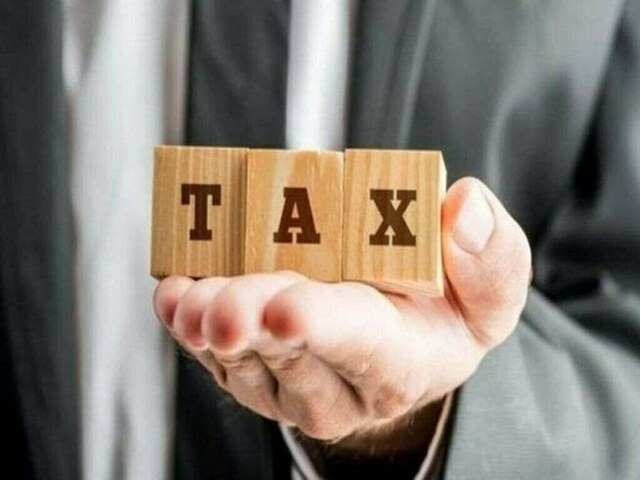Copyright brecorder

EDITORIAL: A recent media report has brought to light a telling statistic from Pakistan’s ongoing tax collection endeavour. Nearly one in three individuals who filed returns — around 1.7 million out of the 5.5 million submitted so far — has declared no taxable income at all. This huge plethora of ‘nil’ returns is being presented as a major challenge for the Federal Board of Revenue (FBR). However, this development should not come as a surprise to policymakers as it simply illustrates how Pakistan’s tax system has evolved to place greater emphasis on procedural participation in the filing process than on generating meaningful revenue from those filings. Government policy has made inclusion in the FBR’s Active Taxpayers’ List a prerequisite for participation in much of the formal economy. Those outside the list, or non-filers, face steep withholding taxes on financial transactions, higher rates on property and vehicle purchases, and are often denied access to formal credit channels. Banks and businesses, therefore, tend to avoid dealing with non-filers, viewing them as administratively burdensome or legally risky. As a result, there are entire categories of individuals — ranging from pensioners relying solely on annual pensions that are exempt from tax under the law and other income below the taxable income mark and homemakers to overseas Pakistanis with no domestic earnings — who genuinely fall below the taxable threshold or have no taxable income to report but feel compelled to file ‘nil’ returns simply to maintain financial access or avoid punitive taxation. In economies with stronger tax-to-GDP ratios, more mature compliance cultures and more rationally structured systems, such individuals would be exempt from filing altogether. But Pakistan’s rampant tax evasion and narrow revenue base have led policymakers to impose universal filing requirements as a means to keep more citizens within the formal fold. There are also reports that the FBR intends to scrutinise nil or low-income returns through its auditors, in addition to examining cases where individuals have declared smaller incomes than in previous years. While the latter category may warrant closer examination to identify potential under-reporting, carrying out large-scale audits of those who have declared zero taxable income may risk diverting scarce administrative resources towards low-yield cases that may do little to enhance revenue. he more urgent and challenging task lies in expanding the tax base, and targeting sectors and high-income earners who continue to escape scrutiny. The FBR needs to finally do what has long been politically inconvenient for successive governments: confronting entrenched tax evasion that has been allowed to thrive under the protection of powerful lobbies. This would do far more to strengthen revenue generation and institutional credibility than auditing those who, by all reasonable indications, may owe no tax at all. The need to redirect focus towards taking on potential tax-evading sectors becomes even clearer when viewed against recent revenue data. In the first quarter of the current fiscal year, the salaried class alone contributed Rs130 billion in taxes, nearly twice the combined amount collected from exporters, wholesalers and retailers. Despite millions of entities operating in these profit-making sectors, their collective contribution remains strikingly low: Rs45 billion from exporters, Rs14.6 billion from wholesalers and Rs11.5 billion from retailers. The real estate sector, too, brought in just Rs60 billion. In contrast, just 600,000 salaried individuals bear the brunt of an increasingly regressive tax regime, their incomes fully documented and deducted at source. This imbalance exposes how deeply entrenched under-reporting and tax evasion is, and how policymakers appear content to let this persist. The utter disregard for the salaried class’ compliance, reflected in their unrelenting burden, speaks of a tax structure designed for convenience rather than fairness. Unless the FBR brings powerful untaxed and under-taxed sectors into the net, Pakistan’s tax system will remain one that penalises transparency and compliance while rewarding evasion. Copyright Business Recorder, 2025



